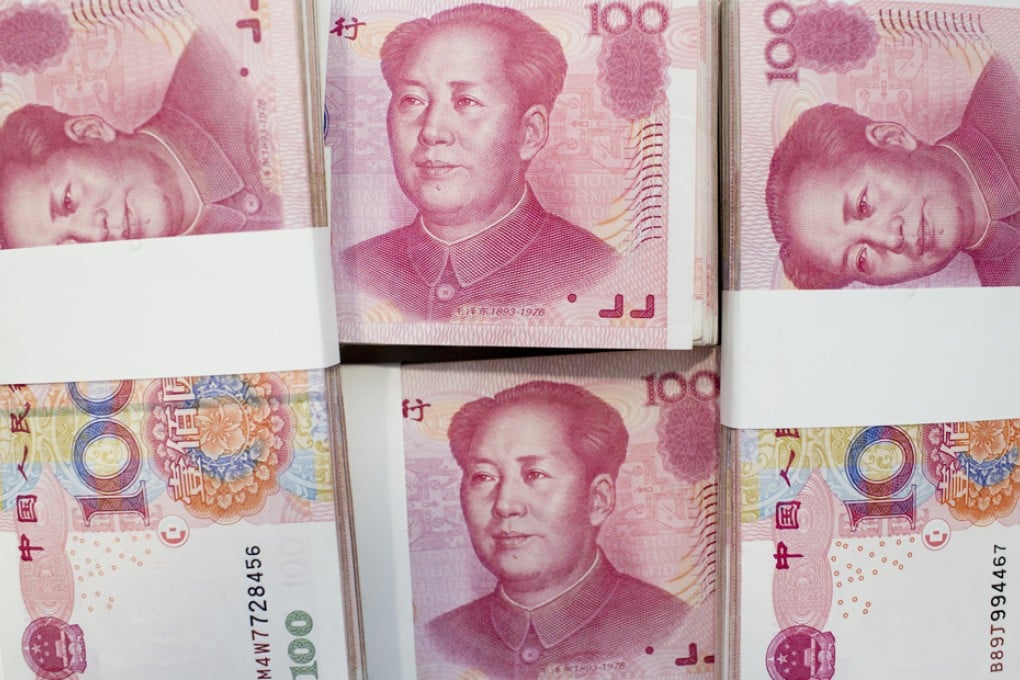Price volatility signals the yuan is closer to becoming a global currency
Gordon French says even with the current capital controls, it has become an attractive asset

The recent dip in the value of the Chinese currency surprised many in the markets, but it shouldn't have. The renminbi occupies a position all of its own: it might be the key accessing the world's most dynamic large economy but it is also protected with exchange and capital controls.
Despite this, the renminbi's similarities to other global currencies - the dollar, the euro, sterling - are today more important than its differences. From a trade perspective, the currency is already almost fully convertible, and the controls that remain on the capital account are less onerous than many assume.
At heart, the renminbi is just another currency, and is becoming more like any other currency with every regulation and bureaucratic hurdle that is peeled away by Beijing.
The current price of the yuan broadly represents fair value. China has repeatedly reiterated its commitment to that equilibrium, and given the vicissitudes of global markets, that means the price will go down as well as up.
It is worth remembering that this is not the first time the yuan has lost value against the dollar. In the middle of 2012, it fell by a similar amount to the most recent drop.
There has been much debate over what role, if any, the People's Bank of China played in the most recent dip in value. My response would be that it is too early to say, but I think the question misses the point. The point is that regardless of whether the authorities depressed the rate, or allowed the market to push it down, the message is clear: the days of thinking of the renminbi as a one-way street are over.